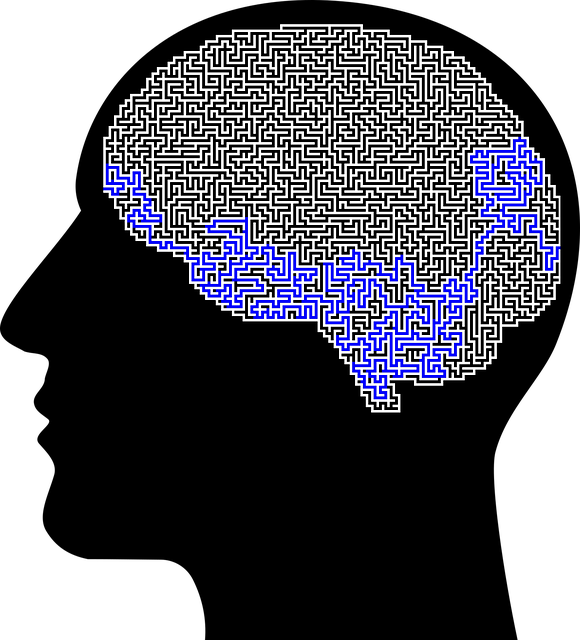Mental health policies significantly influence the well-being of adults involved in international adoptions, shaping access to therapy and impacting family dynamics. Despite global efforts to destigmatize mental health and improve services, disparities exist, especially for adoptees facing unique challenges related to their past and identity formation. Effective policy advocacy requires data-driven analysis, research, and collaboration between mental health professionals, non-profits, and policymakers. Targeted initiatives focusing on tailored therapy programs for both adults and children have shown positive outcomes, driving societal change through improved policies and community education that promote overall well-being.
Mental health policy analysis and advocacy are vital components of ensuring access to therapy for adults in international adoptions. This comprehensive article delves into the significant impact of mental health policies on global adoption practices, exploring current advocacy efforts and successful strategies. We examine the unique challenges faced by adults adopted internationally and provide insights into effective policy analysis techniques. By highlighting success stories, we demonstrate how targeted mental health initiatives can transform lives.
- Understanding Mental Health Policy and Its Impact on International Adoptions
- The Current State of Global Mental Health Advocacy for Adults Adopted Internationally
- Effective Strategies for Policy Analysis and Advocacy Campaigns
- Success Stories: Transforming Lives Through Targeted Mental Health Initiatives
Understanding Mental Health Policy and Its Impact on International Adoptions

Mental health policies play a pivotal role in shaping international adoptions, especially when considering therapy for adults involved in these processes. Each country has its own set of regulations and guidelines that influence how mental well-being is addressed during adoptions. Understanding these policies is essential to ensuring a supportive environment for both adoptive parents and children. The impact of robust mental health policies can lead to improved outcomes, fostering healthier relationships within adopted families.
International adoptions often involve complex cultural and emotional transitions, and access to therapy for adults can be transformative. Public Awareness Campaigns focused on Mental Health Awareness contribute to reducing stigma, encouraging open conversations about mental health challenges, and promoting Self-Esteem Improvement among adoptive parents. By integrating these initiatives into adoption policies, countries can positively influence the overall well-being of families navigating international adoptions.
The Current State of Global Mental Health Advocacy for Adults Adopted Internationally

The current global landscape of mental health advocacy for adults adopted internationally paints a complex picture. While significant strides have been made in raising awareness and destigmatizing mental illness, disparities persist, particularly when it comes to access to quality therapy for Adults International Adoptions. Many adoptees face unique challenges related to their past experiences, cultural dislocation, and identity formation, requiring tailored approaches that integrate both traditional therapy methods and conflict resolution techniques.
Cultural sensitivity in mental healthcare practice is paramount to addressing these complexities. By acknowledging the impact of intercultural transitions and integrating evidence-based practices that respect adoptees’ diverse backgrounds, providers can foster a more inclusive environment promoting mental wellness. Efforts towards advocacy must continue to push for policy changes that prioritize funding, training, and accessibility to ensure all adopted adults have equitable opportunities to navigate and overcome their mental health challenges effectively.
Effective Strategies for Policy Analysis and Advocacy Campaigns

Effective strategies for policy analysis and advocacy campaigns require a multifaceted approach to ensure significant impact. One key strategy is to leverage data and research to back up claims, demonstrating the need for improved mental health services. This includes highlighting gaps in current policies and their effects on vulnerable populations, such as adults undergoing international adoptions. By presenting tangible evidence of disparities in access to therapy and emotional healing processes, advocates can build a compelling case for policy change.
Additionally, building alliances with key stakeholders—including mental health professionals, non-profit organizations, and policymakers—is crucial. Collaborating on initiatives like the production of a Mental Wellness Podcast Series can raise awareness about mental health issues and promote effective mood management strategies. These efforts collective can foster public understanding, gain support for policy reforms, and ultimately contribute to enhancing mental wellness on a global scale.
Success Stories: Transforming Lives Through Targeted Mental Health Initiatives

In recent years, targeted mental health initiatives have been transforming lives around the globe. One notable success story involves international adoptions where children with trauma histories have found healing through specialized therapy programs. These initiatives focus on providing Therapy for Adults and children affected by complex mental health issues often associated with adoption experiences. For instance, a study highlighted the positive impact of tailored mental health education programs designed to address specific challenges faced by adopted individuals and their families.
Beyond individual cases, these interventions also contribute to broader societal changes. Effective mental health policies advocate for Burnout Prevention Strategies for Healthcare Providers, ensuring they can offer sustained support. Additionally, the implementation of Mental Health Education Programs Design tailored to diverse communities fosters coping skills development, early intervention, and improved access to care. This holistic approach not only benefits individuals but also strengthens social fabric by promoting overall well-being.
Mental health policy analysis and advocacy are paramount in ensuring accessible and effective therapy for adults adopted internationally. By understanding the global landscape and adopting successful strategies, we can create meaningful change. The current state of advocacy highlights gaps that targeted initiatives can fill, leading to improved lives for those affected. Remember that, through comprehensive policy analysis and innovative campaigns, we have the power to revolutionize mental health support worldwide, offering hope and healing to all who need it.











